A software application for parents is being piloted at some schools in An Giang . Photo: GIA KHANH
Living in the Nhon Hoi border area, Ms. Rophiha - a Cham ethnic group, residing in Nhon Hoi commune, is quite busy taking care of and taking her two children to and from primary and secondary school. Her eldest child, Trinh Rolhani, is entering 6th grade at Quoc Thai Secondary School (Nhon Hoi commune). Her time is divided between her children and housework, like most rural women.
“In the past, if I wanted to know any information about the school or my children’s class, I had to drive to the school to check the announcements or call the homeroom teacher. Especially at the beginning and end of the school year, there were many events happening, making it difficult to keep up with them. Now it’s very convenient! At the beginning of the school year, the homeroom teacher contacted me to make friends on Zalo and put me in the parent group. I just need to follow the announcements in the group, know what events are coming up that my child needs to participate in; what clothes my child should wear, what time they should gather at school… Even the teachers sent their children’s report cards directly, reminding parents to pay attention to tutoring students in which subjects and issues. Thanks to that, I feel more secure,” said Ms. Rophiha.
In the educational process, the role of parents is always decisive. However, with the development of digital technology, the way parents accompany their children is also very different from before. “In my time, parents managed learning by directly tutoring, checking daily notebooks, and monitoring school and home time. When I became a parent, I could not apply all the old methods but switched to technology. My children's textbooks and study programs were very different, I could not teach them, my husband and I monitored our children's learning results through learning management applications and chat groups with teachers. When I found documents useful and suitable, I shared them with my children to study and refer to," said Ms. Nguyen Thi Huyen Tran, a resident of Rach Gia ward.
Not all parents have the same level of technology usage and access conditions. Therefore, at the beginning of the school year, school principals must hold meetings, communicate, and instruct parents on how to use each school's software, and cooperate with the school to bring about the highest digital transformation efficiency.
Returning to Binh Khanh Secondary School, Binh Duc Ward, this is one of the few schools that has early access to some advanced digital transformation software. By providing appropriate guidance and approach to parents, in the 2024-2025 school year, 100% of the school's parents will use electronic software to collect tuition fees and cashless health insurance, participate in collecting opinions on spreadsheets, as well as vote in class group Zalo.
“However, during the implementation process, we still encountered certain limitations and difficulties. Among them, a number of parents, due to economic difficulties, did not have the means and equipment to access information technology. This more or less affected the digital transformation process in the school,” said Mr. Doan Van Luc - Deputy Secretary of the Party Cell of Binh Khanh Secondary School.
Just like “digital teachers” and “digital students”, the generation of “digital parents” does not come naturally, but needs to be formed through the process of awareness - learning - practice - changing habits. Mr. Lam Huynh Manh Dong - Director of the Center for Continuing Education of An Giang province emphasized: “Parents need to understand that digital transformation is not a temporary trend but an inevitable part of modern education. I hope that parents will accompany the school in the digital transformation process, be ready to learn new technology, proactively coordinate with teachers, create positive learning conditions for students at home, contributing to the formation of modern learning thinking, suitable for the digital age for their children”.
According to Mr. Dong, in the digital age, parents not only guide and remind students to use online learning platforms effectively, but also have to be proficient in using basic digital tools. For example, it is necessary to know how to use learning management applications such as: Electronic contact books, LMS software (Google Classroom, K12Online...), Zalo, Zoom, Google Meet...; can look up learning results, receive notifications, and feedback via online platforms.
Once parents are equipped with skills, the education sector needs to promote their participation on digital platforms. Each school needs to build an official information channel: Website, Zalo group, student management application for parents to accompany their children; encourage parents to respond and exchange online instead of just meeting in person. At the same time, parents need to set an example of using social networks in a civilized manner, verifying information, and avoiding fake news.
The challenge of the current era is how to harmoniously combine two approaches: both preserving the good traditional values of the traditional parental model and promoting the advantages of digital technology for children to develop comprehensively. "Digital parents" may be formed at a slower pace, but they must certainly exist, creating a "three-legged stool" of coordination between teachers - students - families. From now on, parents must also proactively learn and change their child management habits to change from traditional tutors to digital companions.
(To be continued)
GIA KHANH
Source: https://baoangiang.com.vn/so-hoa-hanh-trinh-trong-nguoi-bai-3-phu-huynh-so-a427500.html



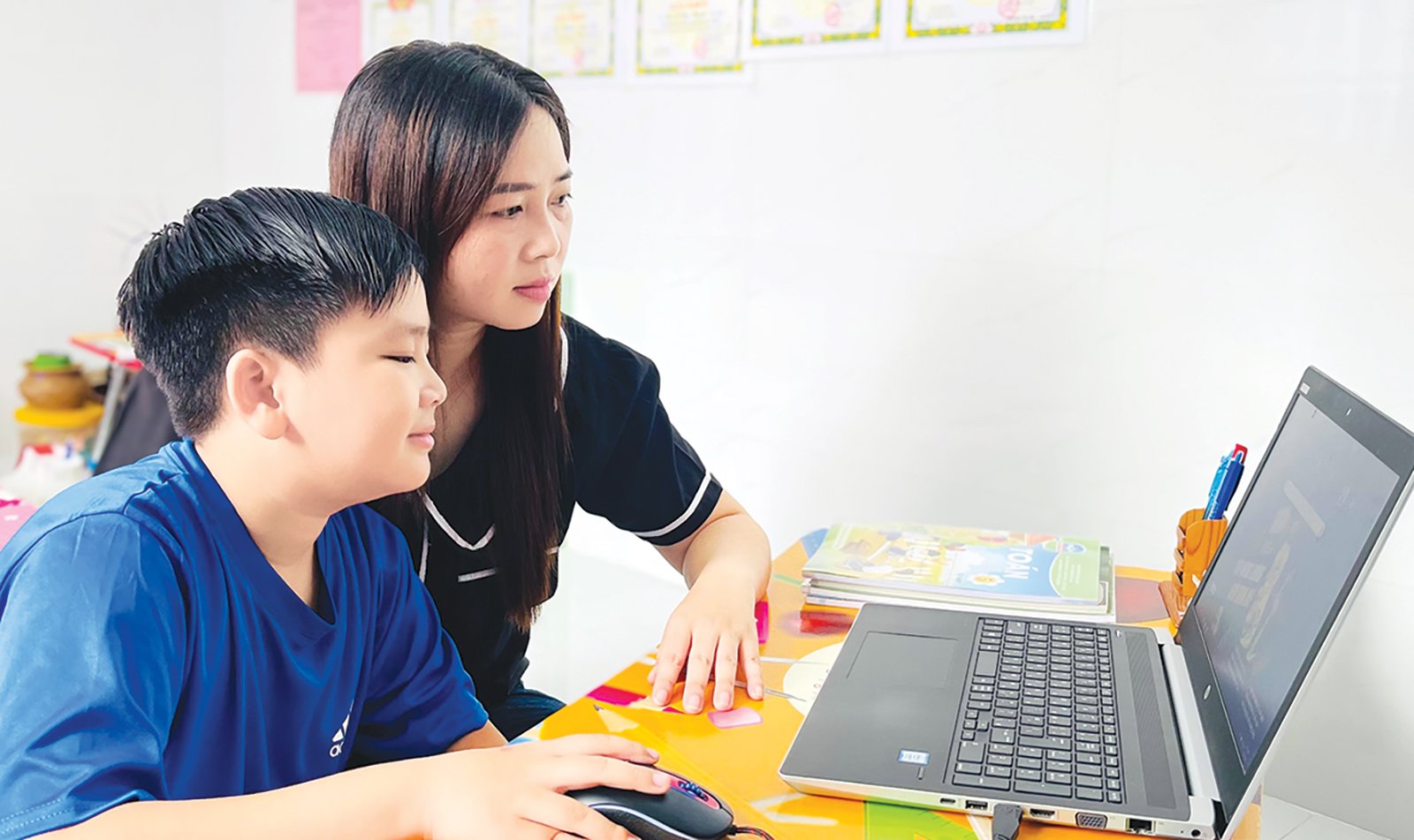





![[Photo] President Luong Cuong receives Speaker of the New Zealand Parliament Gerry Brownlee](https://vphoto.vietnam.vn/thumb/1200x675/vietnam/resource/IMAGE/2025/8/29/7accfe1f5d85485da58b0a61d35dc10f)






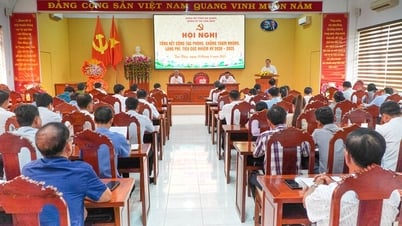


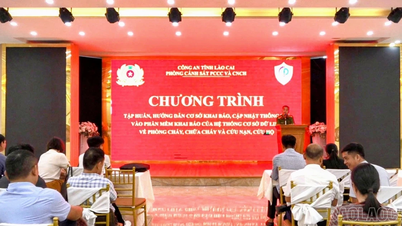

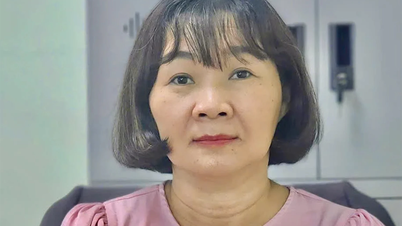



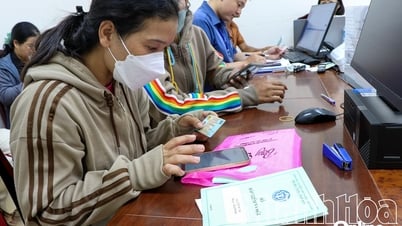
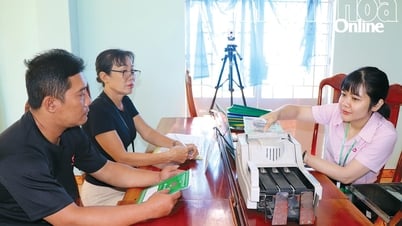







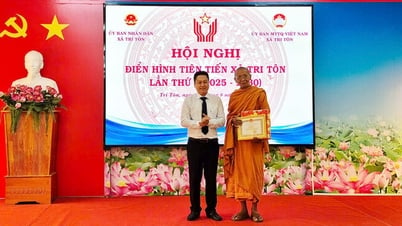













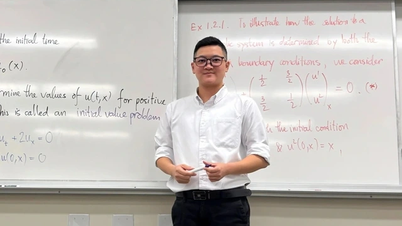













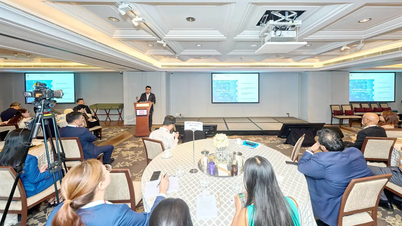
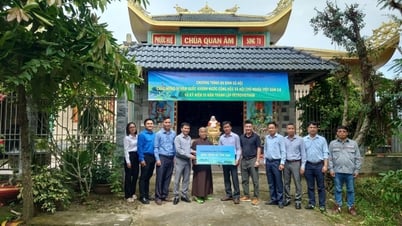









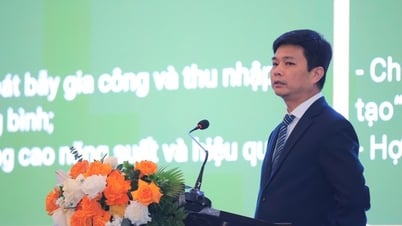


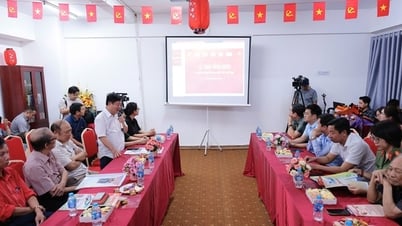

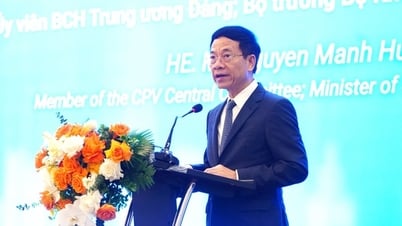
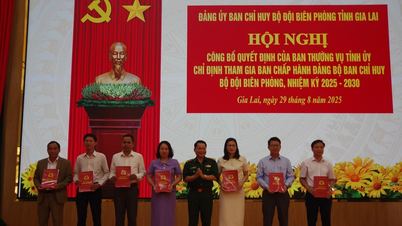





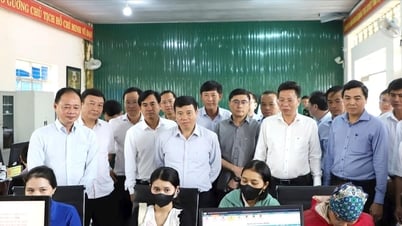



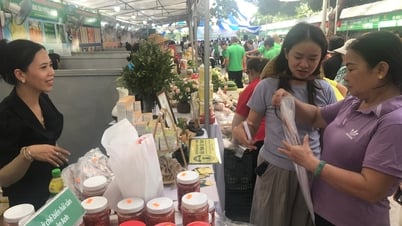







Comment (0)